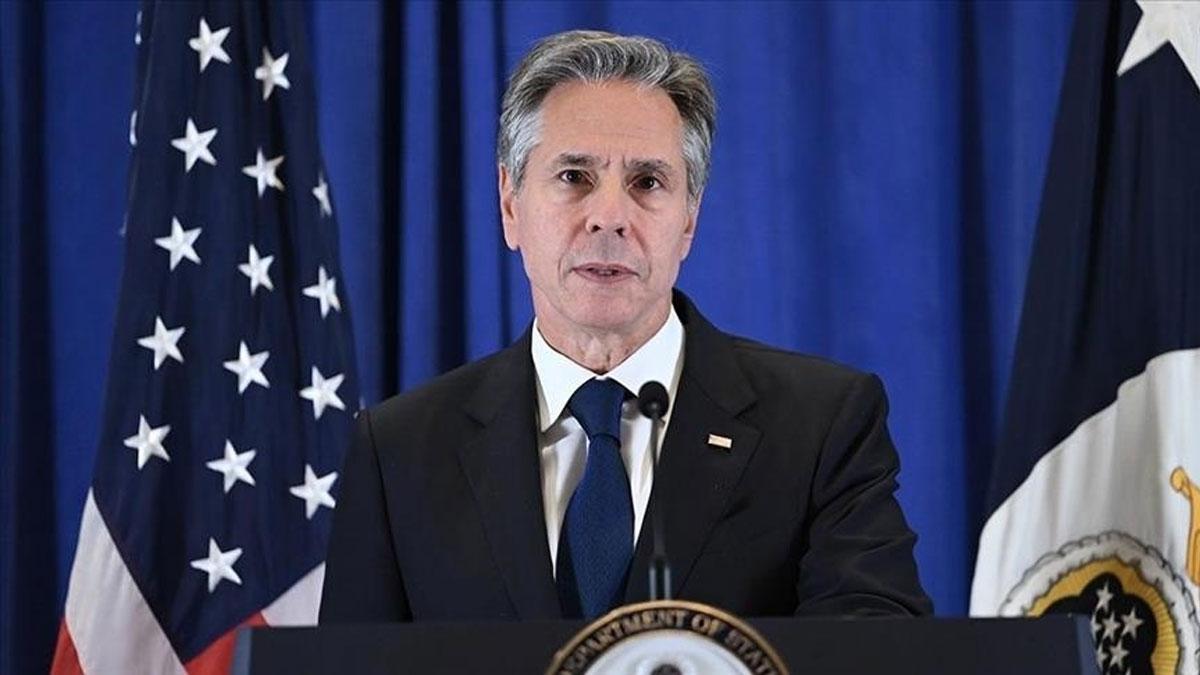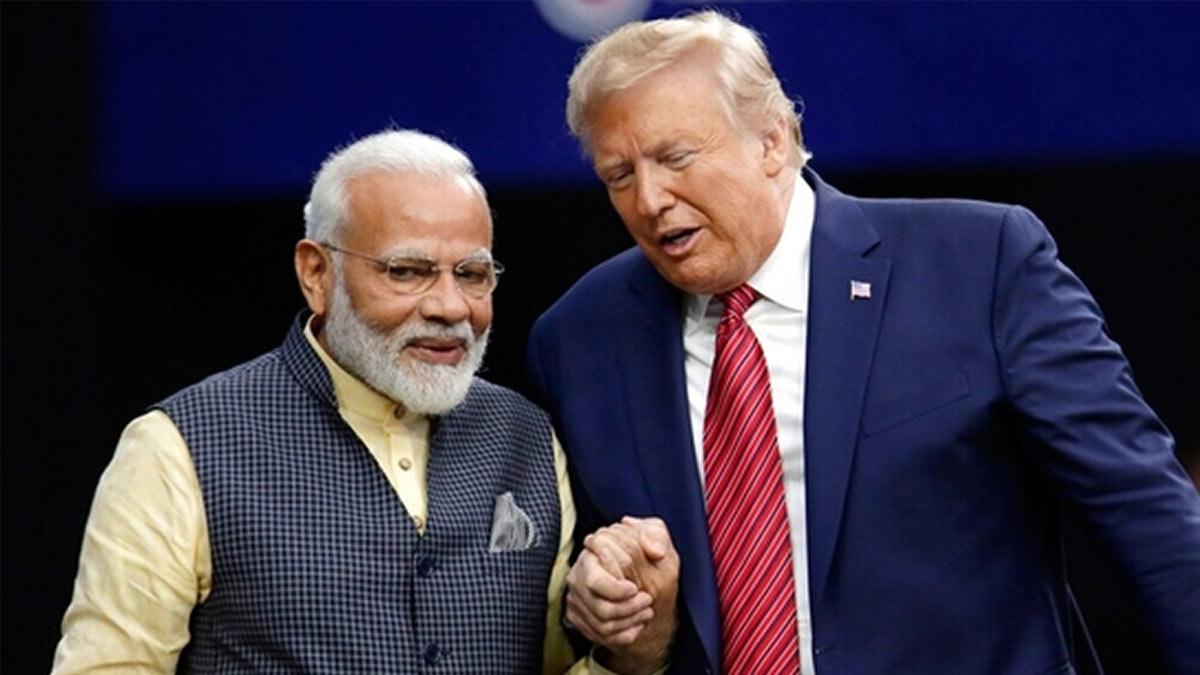Fresh sanctions on Russian state media was announced on Friday by the US State Department, stating that a Kremlin news outlet was working for the Russian military and running fundraising campaigns to pay for sniper rifles, body armour, and other equipment for soldiers fighting in Ukraine, an official statement said.
While the outlet, RT, has already borne sanctions for its work in spreading Kremlin propaganda and disinformation, the new charge that it plays an even bigger role in influence operations suggests its involvement goes far beyond any pro-influence operations.
Instead, US Secretary of State Antony Blinken said that RT is part and parcel of Russia's war machine and its efforts to undermine its democratic adversaries.
"RT wants its new covert intelligence capabilities, like its longstanding propaganda disinformation efforts, to remain hidden," Blinken said at a press conference Thursday.
"Our most powerful antidote to Russia's lies is the truth. It's shining a bright light on what the Kremlin is trying to do under the cover of darkness," he said.
According to officials, RT has also established fake news sites posing as real news organizations for spreading disinformation and propaganda in Europe, Africa, South America, and other parts of the world. The outlet has also scaled up cyber operations with a new unit with links to Russia's intelligence created last year, they say.
Included on the list announced Friday are TV-Novosti, parent organization to RT, as well as a related state media group called Rossiya Segodnya and its general director Dmitry Kiselyov. A third organization and the leader of that third organization, Nelli Parutenko, were sanctioned for running a vote-buying scheme in Moldova that was designed to help Moscow's preferred candidates win an election soon to take place.
Russia's Foreign Ministry spokeswoman Maria Zakharova suggested the sanctions on RT were unnecessary because it has already been sanctioned.
"I think a new profession should appear in the United States — a specialist in sanctions already imposed against Russia," she wrote on her Telegram channel.
Russia's global propaganda work is getting extra scrutiny in the months leading up to the US election.
The crowdfunding was conducted on Russian social media, the officials said, and the appeal for money sought to raise military supplies, some of which were purchased in China.
There was no apparent connection between RT and the crowdfunding effort, nor was there any suggestion that Chinese officials knew that their wares were being sold to Russia.
But a list of supplies in the crowdfunding also included night vision goggles, drones, radios, and generators.
RT's actions prove "it's not just a firehouse of disinformation, but a fully fledged member of the intelligence apparatus and operation of the Russian government," Jamie Rubin who leads the State Department's Global Engagement Centre said.
Last week, the Biden administration seized Kremlin-run websites and charged two RT employees with secretly paying a Tennessee company nearly $10 million for its content.
The company then began to pay several popular far-right influencers whose content often mirrored Russian talking points. Two of the influencers said they had no idea their work was being supported by Russia.
This summer, intelligence officials warned that Russia was using unwitting Americans to spread its propaganda by disguising it in English on sites popular with Americans.
Officials say Russia wants to divide Americans ahead of the election as a way of reducing support for Ukraine.
Russia's influence operations also seem aimed at boosting former President Donald Trump, who has attacked Ukraine and the NATO alliance and feted Russian President Vladimir Putin.
Read also| EAM Jaishankar Meets German Chancellor Olaf Scholz, Delivers PM Modi's Personal Greetings


















